Vaccines
Vaccines help protect people from diseases. They contain "weakened" or "dead" germs, such as viruses or bacteria, which stimulate the body's immune system in a manner that can prevent us from getting sick with harmful pathogens. Here's the latest science news on vaccines.Vaccines
Latest about vaccines

Aging and inflammation may not go hand in hand, study suggests
By Clarissa Brincat published
Declining immune responsiveness with age may be driven by changes in immune cells — not by inflammation, as previously thought.
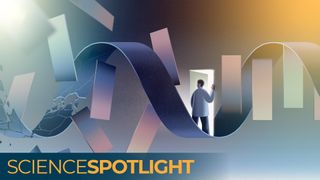
One molecule could usher revolutionary medicines for cancer, diabetes and genetic disease — but the US is turning its back on it
By Nicoletta Lanese published
The U.S. government is divesting from mRNA vaccines, but will other uses of the technology be spared? In a time of uncertainty, scientists worry that revolutionary treatments for cancer, immune dysfunction and genetic disease may be left on the lab bench.

'This is a completely different level of anti-vaccine engagement than we've ever seen before,' says epidemiologist Dr. Seth Berkley
By Nicoletta Lanese published
Interview Epidemiologist Dr. Seth Berkley spoke to Live Science about the importance of vaccine equity and the obstacles undermining it, as well as the political challenges to vaccines being raised in the U.S.
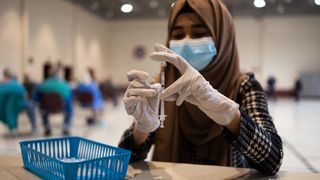
Future pandemics are a 'certainty' — and we must be better prepared to distribute vaccines equitably
By Dr. Seth Berkley published
Book Months before COVID-19 was declared a pandemic, efforts were already underway to ensure low-income countries would get access to future vaccines against the infection. The book "Fair Doses" tells that story and discusses the ongoing fight for vaccine equity around the world.
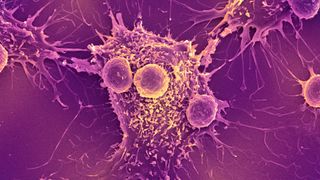
COVID-19 mRNA vaccines can trigger the immune system to recognize and kill cancer, research finds
By Adam Grippin, Christiano Marconi published
The researchers found that mRNA-based COVID-19 vaccines could potentially help patients whose tumors don’t respond well to traditional immunotherapy.

'Health impacts are being felt in real time': How the CDC is being decimated by the Trump administration
By Jordan Miller published
Opinion The CDC's current crisis has been building since Trump's first week in office and boiled over after Kennedy fired the agency's newly appointed director.
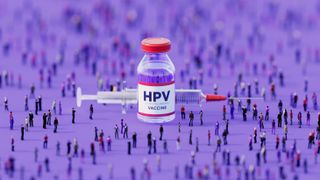
HPV vaccination drives cervical cancer rates down in both vaccinated and unvaccinated people
By Patrick Pester published
Researchers have found that human papillomavirus (HPV) vaccines are highly effective at reducing cervical cancer-causing infections and can offer herd immunity, reinforcing previous research and highlighting the need for a global HPV vaccine rollout.
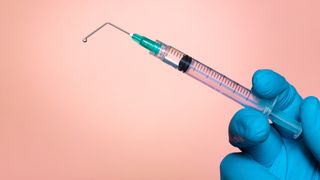
RFK Jr. wants to overhaul the country's 'vaccine court.' Here's what stands in his way.
By Anna Kirkland published
Opinion The 40-year-old "vaccine court" relies on scientific evidence to determine whether a person experienced harm from a routine vaccination.

Unpacking RFK Jr.'s (many) false claims about COVID vaccines
By Deborah Fuller published
Opinion Chaos at the CDC and the sharp move away from mRNA vaccines has public health experts alarmed.

Vaccines hold tantalizing promise in the fight against dementia
By Anand Kumar, Jalees Rehman published
A prominent Nature study and related research raise the possibility that vaccines may have a broader role in experimental therapeutics outside the realm of infectious diseases.
Get the world’s most fascinating discoveries delivered straight to your inbox.


